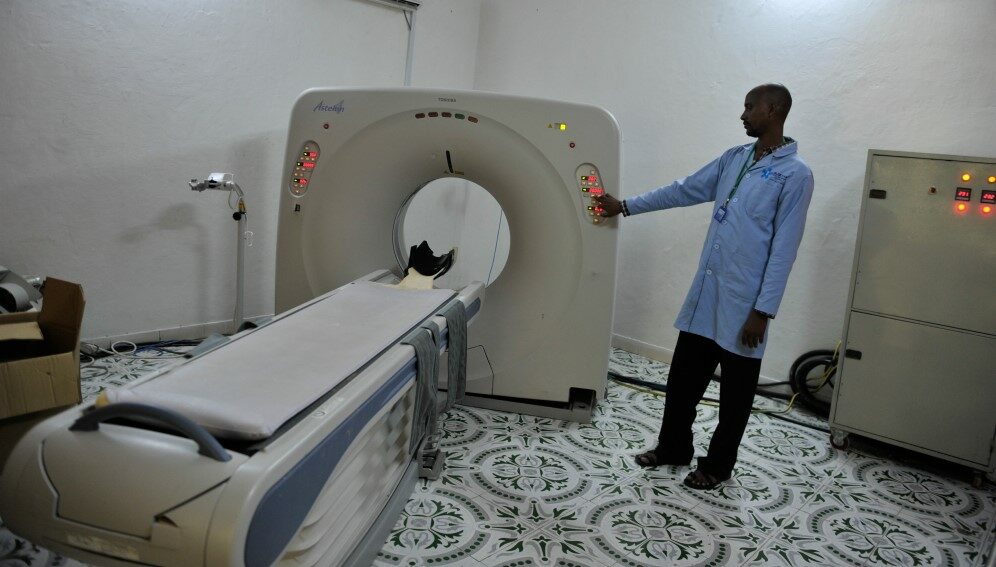29/06/22
Cancer care ‘transforming’ in next decade

Send to a friend
The details you provide on this page will not be used to send unsolicited email, and will not be sold to a 3rd party. See privacy policy.
Listen on Apple PodcastsListen on SpotifyListen on Google PodcastsListen on StitcherListen on OvercastListen on Amazon MusicListen on CastboxListen on Podcast AddictListen on Pocket CastsListen on iHeartRadioListen on PandoraRSS Feed
Season 3, Episode 11
The cancer burden in Sub-Saharan Africa is rising. It is set to nearly double by 2030, with cancer deaths predicted to reach one million yearly without intervention, a report by The Lancet Commission shows.
In the first episode of a special three-part mini-series, Africa Science Focus reporter Michael Kaloki speaks to the experts who unpack the reasons that 80 per cent of people in the region prefer traditional and alternate medicine. We find out how this affects diagnosis and treatment, and hear how cancer care in Sub-Saharan Africa could transform over the next ten years.
Featuring:
Beatrice Wiafe Addai, breast surgeon and chief executive officer of the Peace and Love Hospitals; president and founder of Breast Care International.
Gladys Nyachieo, senior lecturer, department of sociology at the multimedia University of Kenya.
Andrew Odhiambo, oncologist and lecturer at the University of Nairobi
This piece was produced by SciDev.Net’s Sub-Saharan Africa English desk.

